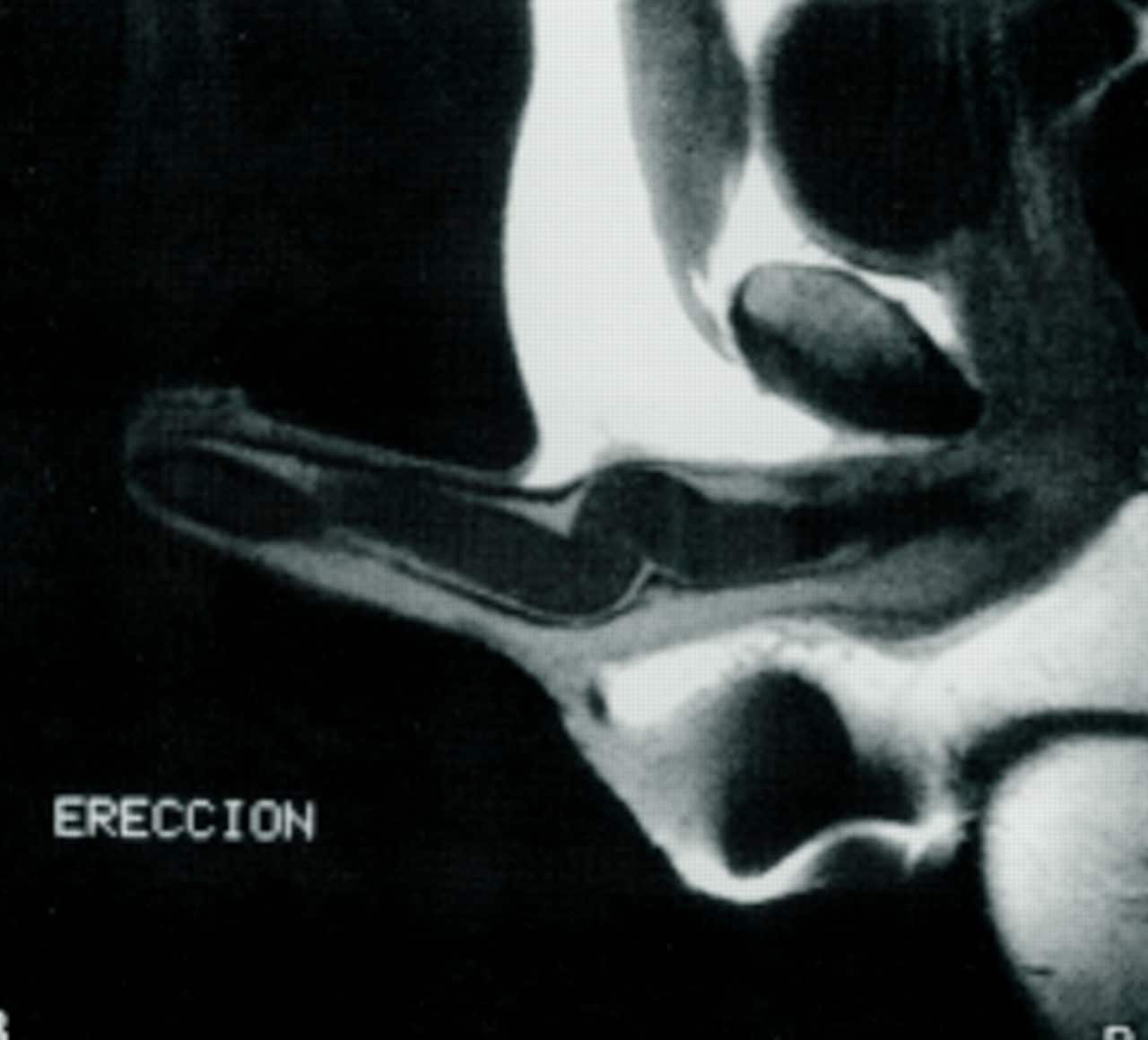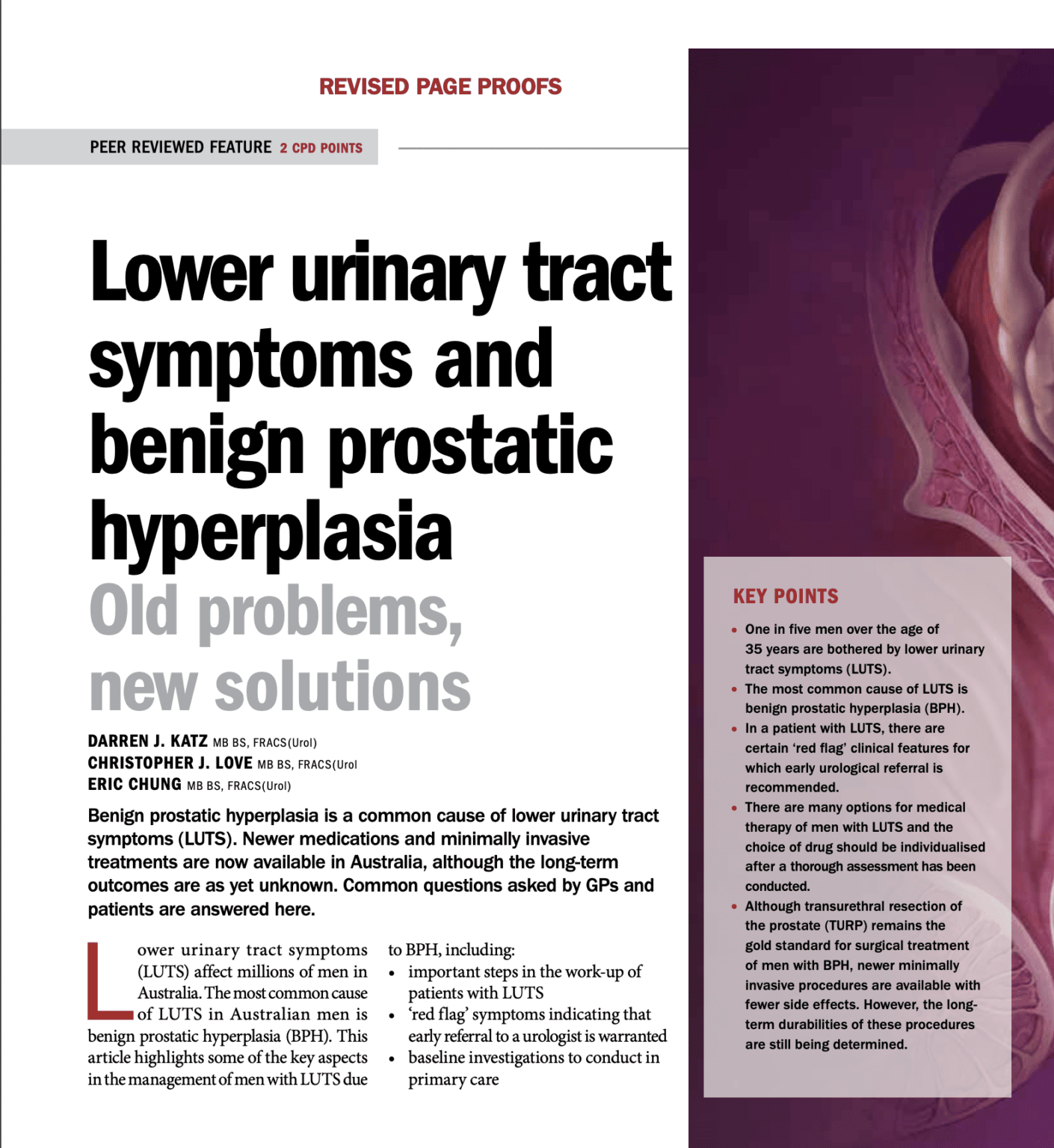Vitamin E And Verapamil
One possible medical regimen is 100 mg of vitamin E taken three times a day for a minimum of four months. Theoretically, this antioxidant will prevent further development of plaque, although studies have suggested that it is no more effective than placebo.
Injectable verapamil also has received some attention recently, although studies have either shown no statistical improvement over placebo or have been critically compromised by very small study size.14,15
What Causes Peyronie’s Disease
Because Peyronies disease results from scar tissue pulling the penile tissue into a curve, the most common cause of the condition is injury to the penile tissue. This could be the result of sports injuries or traumas, but it also can be caused by vigorous sexual activity. The injuries, often micro injuries that are not noticed, heal but then more scarring occurs following more injuries.
Other possible causes include:
-
Family history of Peyronies disease
- Some medications, such as beta blockers, interferon and phenytoin
Connective Tissue And Autoimmune Disorders
If you have certain connective tissue or autoimmune disorders, you may have a higher chance of developing Peyronies disease.
Connective tissue is specialized tissue that supports, joins, or separates different types of tissues and organs in your body. Connective tissue disorders may affect your joints, muscles, and skin. Some disorders associated with Peyronies disease include
- Dupuytrens disease, also known as Dupuytrens contracture. In this condition, the connective tissue in the palms of the hands shortens and thickens. This results in the permanent bending of the outer fingers. It is not clear why men with Peyronies disease are more likely to develop Dupuytrens disease.
- plantar fasciitis, which is inflammation of the thick tissue on the bottom of the foot that creates the arch of the foot.
- scleroderma, which is the abnormal growth of thick, hard patches of connective tissue. Scleroderma can also cause swelling or pain in muscles and joints.
In autoimmune disorders, the bodys immune system attacks the bodys own cells and organs. Autoimmune disorders associated with Peyronies disease include
- systemic lupus erythematosus, which causes inflammation and damage to various body tissues including the joints, skin, kidneys, heart, lungs, blood vessels, and brain
- Sjögrens syndrome, which causes inflammation and damage to the glands that make tears and saliva
- Behçets disease, which causes inflammation of the blood vessels
You May Like: What Medicine Is Used To Treat Urinary Tract Infection
When To See A Doctor
Consult your doctor as soon as you discover signs or symptoms of Peyronie’s disease. Early therapy provides you the best chance of improving or preventing the problem from worsening. If you’ve had the disease for a while, consult a doctor if the discomfort, curvature, length, or other abnormalities affect you or your spouse.
What Causes Peyronies Disease

If you have a close family member with the disease, then you are more likely to get it. Not all men who have injuries end up with Peyronies disease, so it is likely that there are genetic or environmental reasons. Youre also more likely if you have certain connective tissue disorders including Dupuytrens contractures or tympanosclerosis.
There are also health issues that have been linked to Peyronies disease. It is unclear if they cause Peyronies disease, or if they happen alongside it:
- High blood sugar.
- Erections are soft.
- Sex is difficult because of the bend.
Your sexual health is as important as any other aspect of your health. Talk to your healthcare provider about your concerns. Bringing your partner to the visit can help ensure both partners concerns are addressed.
Don’t Miss: Can Urinary Tract Infection Cause Fever
How Do Doctors Diagnose Peyronie’s Disease
Most patients need a urologic specialist specializing in sexual and urinary health issues to have Peyronies disease diagnosed properly. The urologist can diagnose Peyronie’s disease using your history of health and family history, as well as a physical exam. An imaging test is no longer necessary in order to identify Peyronie’s disease, but it can serve to collect additional details about the plaque.
Lab testing
Your healthcare professional will generally diagnose Peyronie’s disease after asking you about your sexual history and health. However, there are various tests that may be used to diagnose Peyronie’s, assess severity, and determine therapy options. If therapy is necessary, tests can assist determine which treatment is best.
Palpation
How Is Peyronies Diagnosed
The diagnosis of Peyronies disease is based on the above symptoms. As noted above, sometimes a plaque can be felt with physical exam. Occasionally, an ultrasound may be done to see if the plaque can be visualized. If a man has inability to get an erection, a testosterone level may be checked, but otherwise there are not any blood tests that are typically needed.
Read Also: Chronic Urinary Tract Infection Symptoms
Medical And Family History
The urologist will ask about your medical and family history. Some questions might be
- When did your symptoms begin?
- Do you feel pain during an erection or at other times?
- Do you have erection problems or problems with sexual intercourse?
- Does anyone in your family have Peyronies disease or other medical conditions?
- Are you taking any medicines? If so, what are they?
- Do you have other medical problems or conditions?
Gainswave Therapy Can Help Treat Peyronies Disease
GAINSWave® therapy is changing the way medical professionals view mens sexual health. By utilizing high-frequency, low-intensity soundwaves, extracorporeal shockwave therapy seeks to break down penile scar tissue and encourage blood flow to the affected areas. This noninvasive procedure generally takes less than 30 minutes and is performed in-office by a trained caregiver. According to the University of Queensland, research showed that in their test group, 80% of men reported being satisfied with their results following shockwave therapy. No adverse side effects were reported during the experiment. The Korean Journal of Urology found similar findings, noting that 70% of men were pleased with their results. Previously, two-thirds of these participants had found oral medication to be ineffective, yet were able to see marked improvements as a result of this treatment.
GAINSWave® therapy has proven success and boasts a high satisfaction rate for men who complete the full procedure.
There is no need to suffer through a lifetime of being defined by Peyronies disease. Science and technology are providing many options for treating issues relating to erectile dysfunction.
Get men’s health tips delivered straight to your inbox:
You May Like: Cystex Urinary Pain Relief Side Effects
How Do Health Care Professionals Treat Peyronies Disease
Not all men with Peyronies disease need treatment. In a very few cases, Peyronies disease goes away without treatment.1
Also, you may not need treatment if you have6
- no problems with sexual intercourse
- no urinary problems
Your urologist will discuss your treatment options with you and review possible side effects and outcomes.
Besides treatment, your urologist may recommend lifestyle changes to reduce the risk of ED associated with Peyronies disease.
Some Additional Benefits Of Inflatable Penile Prosthesis
- Erections will look and feel natural
- Does not change sensation or ability to climax
- Will not affect urination
- Covered by most insurance companies, including Medicare
Its time to enjoy your sex life again and without pain!!
Talk with urologist David Schwartwald, MD about an inflatable penile implant if you have issues with Peyronies Disease and erectile dysfunction. Give us a call today to schedule a consultation at our office in Boca Raton.
You May Like: How Do You Diagnose A Urinary Tract Infection
Symptoms Of Peyronies Disease
Peyronies Disease can be recognized by any of the following:
- Erection problems or
- Penile shortening.
Peyronies Disease can sometimes go away on its own, but more commonly, it stays the same or gets worse over time. The pain during erections can improve after one or two years, but the scar tissue and curvature often remain.
How Do Health Care Professionals Diagnose Peyronies Disease

Men with Peyronies disease are usually referred to a urologista doctor who specializes in sexual and urinary problems.
A urologist diagnoses Peyronies disease based on your medical and family history and a physical exam.
Imaging tests are usually not necessary to diagnose Peyronies disease but may be used to gather additional information about the plaque.
You May Like: Urinary Tract Infection Leg Pain
What Other Procedures Help With Peyronies Disease
Some healthcare professionals recommend shockwave therapy. This is where focused, low-intensity electroshock waves are directed at the plaque. The goal is to reduce your pain which can also be accomplished by over-the-counter medications.
Researchers have not found any proof that shockwave can help improve penile curvature. This treatment may be expensive and is rarely covered by insurance.
How Is It Treated
Methods of treatment will depend on the stage and severity of your case. Some minor cases may not require treatment at all, but its important to have your doctor confirm whether that applies to you. You and your doctor may start with watchful waiting, where you check in regularly about the progress of the disease to determine if and when to start certain treatments.
Peyronie’s disease may be a depressing and embarrassing condition to deal with, but treatments are available. If you think you may have the early signs, make an appointment with Drs. Herman, Kester and the Urology Center of Florida today to get treatment.
You Might Also Enjoy…
Also Check: Does Azo Urinary Pain Relief Get Rid Of Uti
Can A Penile Implant Correct Peyronies Disease
Posted on by Rand Schwartzwaldin Penile Implant
If you want an active sex life and you have Peyronies Disease, there is help. Maybe you are also dealing with erectile dysfunction and all the issues that revolve around that stubborn problem. Can a penile implant correct Peyronies Disease? Keep reading to discover how.
Six Peyronies Disease Signs That You Shouldnt Ignore
Some studies show over half of men diagnosed with Peyronie’s will suffer with depression. If not diagnosed early, the disease can cause problems with erections and lead to less satisfied sexual relations. This can cause problems with intimate relationships. Due to the sensitive nature of this disease, many men don’t talk about Peyronie’s disease with their friends, family or doctor.
This is unfortunate, because the sooner that someone with Peyronie’s disease sees a doctor, the better the chances for good outcomes. Here are six potential signs of Peyronie’s disease that you should speak up about:
Also Check: Can Apple Cider Vinegar Cause Urinary Tract Infections
What Are Clinical Trials For Peyronies Disease
Clinical trialsand other types of clinical studiesare part of medical research and involve people like you. When you volunteer to take part in a clinical study, you help doctors and researchers learn more about disease and improve health care for people in the future.
Researchers are studying many aspects of treating Peyronies disease including the efficacy of
- different medicines
How To Treat Signs Of Peyronies Disease
Its not impossible for men with Peyronies Disease to notice symptoms getting better on their own without any treatment. However, this doesnt always happen, so its best to discuss treatment options with a doctor in order to treat this condition correctly and prevent Peyronies Disease from worsening.
Also Check: How To Get Rid Of Urinary Tract Infection Female
How Is Peyronies Treated
The treatment of Peyronies disease is goal-oriented. Once again, it should be stated that it can be vexing to treat. Even though the condition was first described several hundred years ago, there are no easy treatment solutions. The natural history of Peyronies disease is variable. In a third of men it improves, in a third of men it stays the same, and in a third of men it progresses.
Medications
A variety of oral medications have been used to try to improve Peyronies. With the recognition that change in the elastic sleeve is caused by an inflammatory process, which in turn is triggered by chemical messages at the cellular level, different medications that can affect those cellular chemical response pathways have been used. Medications tried for Peyronies have included Vitamin E, Potaba , and colchicine. Current studies suggest they may provide only limited benefit. Pentoxifylline may help in a subset of men.
Injections into the Peyronies plaque surgery
Who Is Likely To Get Peyronies Disease What Are The Risk Factors

Several risk factors might increase your chances of getting Peyronies disease:
- Age. Peyronies disease is more likely to happen as you get older. It occurs in about 10-15% of middle-aged men.
- Genetics. If you have a close relative with the disease, youre at a higher risk.
- Connective tissue disorders. Those with a connective tissue disorder are at a greater risk. Examples of those disorders include Dupuytren’s disease, plantar fasciitis and scleroderma.
- Erectile dysfunction. Men who have diabetes-associated erectile dysfunction are four to five times more likely to develop Peyronies disease. Sometimes erectile dysfunction can be caused by having Peyronies.
- Prostate cancer. Men who have had surgery for prostate cancer are at an increased risk.
- Autoimmune disorders. If you have an autoimmune disorder like lupus, youre more likely to get Peyronies disease.
Recommended Reading: What Causes Urinary Retention In Males
What Questions Might My Healthcare Provider Ask To Diagnose Peyronies Disease
- How long have you noticed the curve in your penis?
- Have you lost length and, if so, how much?
- Is having sex difficult?
- Are you in pain currently or during sex?
- Does your partner have pain during sex?
- How strong are your erections? Do you have erectile dysfunction ?
- Does anyone in your family have Peyronies disease or Dupuytrens contracture?
- What medications are you taking?
- Do you have any other medical problems or conditions such as diabetes or an autoimmune disorder?
How Does Erection Occur
On either side of the urethra, there are the paired elastic sleeves, the corpora cavernosa, which are filled with blood vessels and are responsible for the process of erection. Erection develops when blood flows into these elastic sleeves and is trapped there to produce the increase in penile length and rigidity associated with erection.
Also Check: Azo Urinary Pain Relief Maximum Strength
Treatments For Chronic Peyronies Disease
In cases of chronic Peyronies disease, treatment could include:
-
Observation or watchful waiting to see if the condition worsens
Surgery is generally only recommended if less invasive treatments have not worked, or if the curvature is so severe that it causes pain and makes sex impossible. Doctors will also wait until the curvature has been stable for at least three months before performing any procedures. If the surgery is done before the disease stabilizes, the curve could return.
Men also may find it helpful to speak with a counselor or therapist to manage the emotional stress of Peyronies disease and the challenges it can present in intimate relationships.
Injections To Treat Peyronies Disease
Collagenase Injections
It is prescribed for men whose penile curvatures are greater than 30 degrees but less than 90 degrees. It breaks down scar tissue to improve curvature.
This is the most effective injection available and is given as a series of two injections per week for eight weeks.
Interferon Injections
Interferon is a protein that helps control swelling and scarring. In theory, it slows the rate of scar tissue formation by producing an enzyme.
Verapamil Injections
You May Like: How To Improve Urinary Health
What Can I Do For My Peyronies Disease Without Medication Or Surgery
The device needs to be worn daily for several months to show improvement. Many men wear the device while sleeping. There have been no long-term side effects from this treatment. Men may need to buy the device independently, but often receive reimbursement from their insurance companies. The only FDA-approved traction device is the Restorex® device.
Vacuum erection devices are used by many healthcare providers to treat Peyronies disease. However, traction therapy has shown better improvements in curvature because it causes more stretch on the scar tissue.
What It The Treatment For Peyronies Disease
The primary treatment option for many patients with Peyronies disease is simple surveillance. For most patient who have Peyronies disease, the curvature is not bothersome and does not prohibit intercourse or cause erectile dysfunction. For these patients, particularly those in the passive phase of the disease, no intervention is warranted.
Don’t Miss: What Do You Treat A Urinary Tract Infection With
Other Injection Treatments Include:
Injections of IFN: Interferon helps reduce edema and scarring. It generates an enzyme that delays the formation of scar tissue.
Verapamil shots: This medicine is used to treat high blood pressure, but it also helps with penile discomfort and curvature when injected into Peyronie’s plaque.
What drugs treat Peyronie’s?
There is no 100% effective oral medicine for Peyronie’s disease. These oral medicines may help:
NSAIDs. Ibuprofen and other anti-inflammatory drugs may help relieve discomfort
Pentoxifylline. Although it increases blood flow, it might produce nausea.
L-arginine. Blood flow can be improved with L-arginine.
Colchicine. Colchicine reduces edema.
Vitamin B is rumored to also be beneficial, but there is little evidence to back it up.
Li-ESWT
Extracorporeal shockwave therapy for refractory penile discomfort and plaque size reduction may be effective in the medical management of Peyronie’s disease. However, penile discomfort usually disappears on its own over time, and shockwave therapy in the doctors office can be expensive for individuals. Thankfully, due to modern technology, home treatments are now available and are very promising
Penile prosthesis
Curvature That Leads To Pain And Dysfunction

Peyronies disease is a condition that causes penile curvature. It affects approximately 1% of men. By causing penile deformity and making it difficult to achieve a rigid erection, this condition can impair a mans ability to have intercourse. Fortunately, Peyronies disease can be effectively treated. The SUS experts may use oral therapy, intralesional injection therapy or, if needed, recommend surgical correction. SUS maintains relationships with renowned penile reconstructive surgeons in order to provide the best possible outcome for its patients.
Recommended Reading: Mrx Rc Feline Urinary So